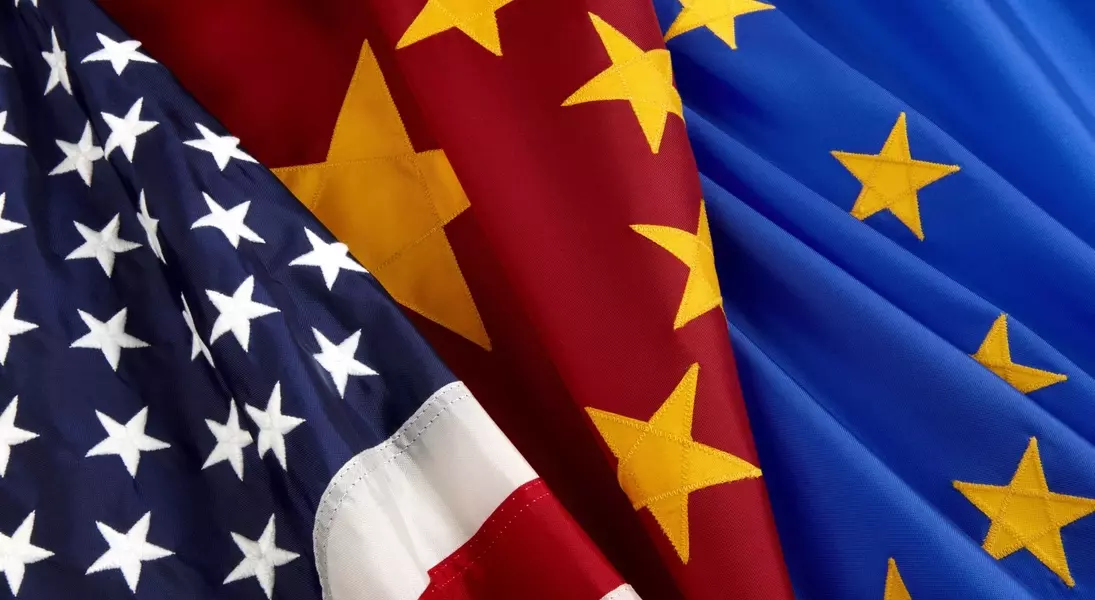
European markets are witnessing an unprecedented increase in the cost of bismuth, a vital component for cosmetics and pharmaceuticals. The price escalation is attributed to China's recent decision to implement stricter export regulations on this essential metal. Since 2008, bismuth has not seen such high prices in Europe, now ranging from $12 to $18 per pound compared to previous levels around $6 per pound. This significant rise has sent ripples through industries dependent on bismuth.
China dominates global bismuth production, accounting for over 80% of the world's supply. Alternative sources from countries like Japan, South Korea, and Laos are limited, creating a challenging scenario for import-dependent nations. The United States, which ceased its own primary refined bismuth production two decades ago, finds itself particularly vulnerable. Traders report heightened interest from European and American buyers looking to secure reliable supplies amid growing concerns about potential shortages.
The importance of bismuth in personal care products and medications underscores the gravity of this situation. Analysts suggest that meeting global demand without Chinese exports would necessitate a substantial increase in production elsewhere. This scenario highlights the need for diversification and innovation in sourcing critical minerals. As industries adapt to these changes, they must also focus on sustainable practices to ensure long-term stability and resilience in supply chains.
